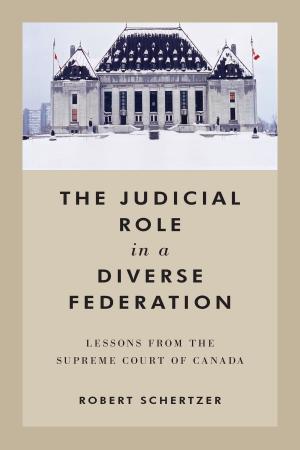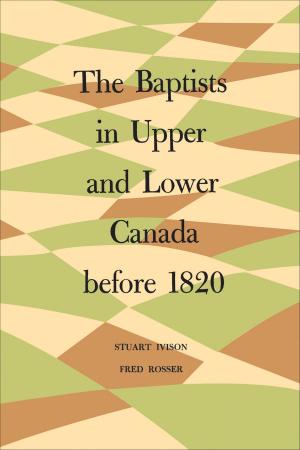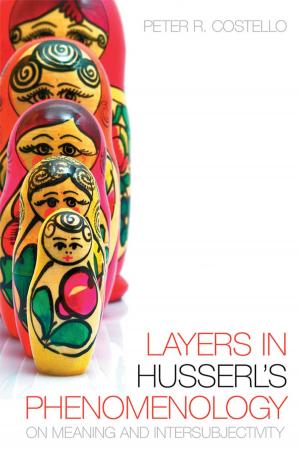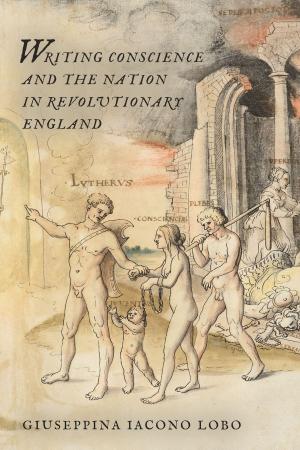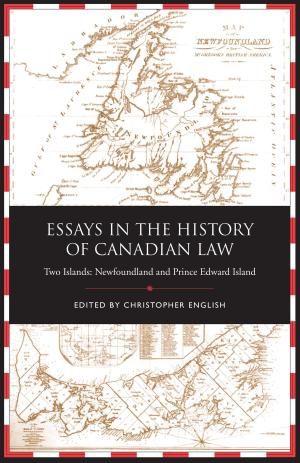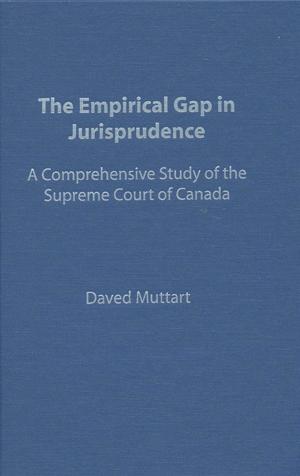The Gargantuan Polity
On The Individual and the Community in the French Renaissance
Fiction & Literature, Literary Theory & Criticism, French, European| Author: | Michael Randall | ISBN: | 9781442692749 |
| Publisher: | University of Toronto Press, Scholarly Publishing Division | Publication: | November 18, 2008 |
| Imprint: | Language: | English |
| Author: | Michael Randall |
| ISBN: | 9781442692749 |
| Publisher: | University of Toronto Press, Scholarly Publishing Division |
| Publication: | November 18, 2008 |
| Imprint: | |
| Language: | English |
Critics and scholars have long argued that the Renaissance was the period that gave rise to the modern individual. The Gargantuan Polity examines political, legal, theological, and literary texts in the late Middle Ages, to show how individuals were defined by contracts of mutual obligation, which allowed rulers to hold power due to approval of their subjects. Noting how the relationship between rulers and individuals changed with the rise of absolute monarchy, Michael Randall provides significant insight into Renaissance culture and politics by showing how individuals went from being understood in terms of their objective relations with the community to subjective beings.
By studying this evolution, he challenges the argument that subjectivity enabled modern political autonomy to come into existence, and instead argues that subjectivity might have disempowered the outwardly directed and highly political individuals of the late Middle Ages.
A profound and detailed study of one of the most drastic periods of change, The Gargantuan Polity will be of interest to scholars of French literature, the Renaissance, and intellectual history.
Critics and scholars have long argued that the Renaissance was the period that gave rise to the modern individual. The Gargantuan Polity examines political, legal, theological, and literary texts in the late Middle Ages, to show how individuals were defined by contracts of mutual obligation, which allowed rulers to hold power due to approval of their subjects. Noting how the relationship between rulers and individuals changed with the rise of absolute monarchy, Michael Randall provides significant insight into Renaissance culture and politics by showing how individuals went from being understood in terms of their objective relations with the community to subjective beings.
By studying this evolution, he challenges the argument that subjectivity enabled modern political autonomy to come into existence, and instead argues that subjectivity might have disempowered the outwardly directed and highly political individuals of the late Middle Ages.
A profound and detailed study of one of the most drastic periods of change, The Gargantuan Polity will be of interest to scholars of French literature, the Renaissance, and intellectual history.


